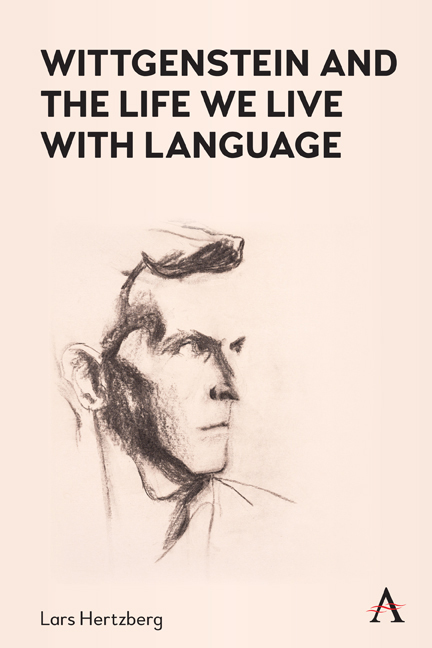Book contents
- Frontmatter
- Dedication
- Contents
- Acknowledgements
- Introduction
- 1 Attending to the Actual Sayings of Things
- 2 The Sense Is Where You Find It
- 3 On Excluding Contradictions from Our Language
- 4 ‘How Do Sentences Do It?’
- 5 On the Need for a Listener and Community Standards
- 6 ‘It Says What It Says’
- 7 Very General Facts of Nature
- 8 Ethics as We Talk It
- 9 Moral Escapism and Applied Ethics
- 10 Reasons to Be Good?
- 11 The Importance of Being Thoughtful
- 12 What’s in a Smile?
- 13 On Aesthetic Reactions and Changing One’s Mind
- Bibliography
- Index
11 - The Importance of Being Thoughtful
Published online by Cambridge University Press: 15 September 2022
- Frontmatter
- Dedication
- Contents
- Acknowledgements
- Introduction
- 1 Attending to the Actual Sayings of Things
- 2 The Sense Is Where You Find It
- 3 On Excluding Contradictions from Our Language
- 4 ‘How Do Sentences Do It?’
- 5 On the Need for a Listener and Community Standards
- 6 ‘It Says What It Says’
- 7 Very General Facts of Nature
- 8 Ethics as We Talk It
- 9 Moral Escapism and Applied Ethics
- 10 Reasons to Be Good?
- 11 The Importance of Being Thoughtful
- 12 What’s in a Smile?
- 13 On Aesthetic Reactions and Changing One’s Mind
- Bibliography
- Index
Summary
Thinking as the Magic Wand
1.1. Even before I knew what philosophical bewilderment is, I remember being bewildered by the following question: supposing that what happens in our minds is governed by nothing but mechanical laws of association, how is it that we are capable of thinking to a purpose, that is, to find relevant and correct solutions to the various problems we face? It must, I thought, be a matter of chance if a chain of blind associations is to lead me to a good answer. I should, apparently, have to know in what direction I need to be going even before I get started. But if I could know that, on the other hand, what would I need the thinking for?
Here I was in the grip of a philosophical picture, one that has in effect dominated philosophical thought about human reason in the modern age, if not longer. According to this picture, reason or thought involves the exercise of a specific cognitive capacity, one that underlies, and is separable from, its manifestations in speech and conduct. This picture has been widely influential in Western philosophy and psychology, and is deeply entrenched in common ways of thinking and speaking. On this view, the human capacity for thought is required in order to explain certain pervasive features of human life, features that, it is believed, would be utterly mysterious in its absence. In this vein, the psychologist Donald Hebb refers to ‘man's mental capacities and the behavior they make possible, the behavior that most clearly distinguishes him from other animals’.
But here is the conundrum: how is the faculty itself to be explained? It has, it seems, to fulfil two requirements that seem hard to reconcile with one another. On the one hand, it is assumed that engaging in thought is advantageous: someone who tries to think things through is certain, or is highly likely, to be better placed for solving any given problem than if she had not tried: this activity, as it were, has the direction of success built into it. On the other hand, since thinking is taken to constitute a mechanical, nature-given, impersonal process, the ability to think well about things is given to anyone willing to spend the time and effort; it does not require any special talent or training.
- Type
- Chapter
- Information
- Wittgenstein and the Life We Live with Language , pp. 177 - 200Publisher: Anthem PressPrint publication year: 2022

